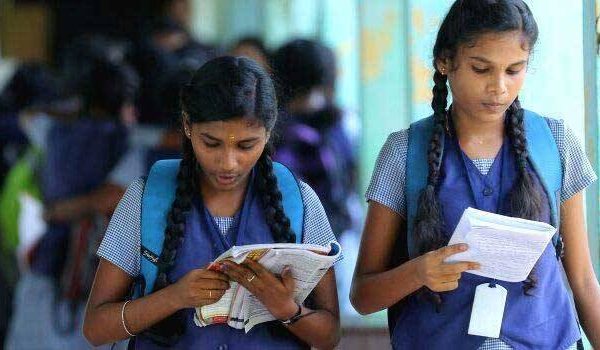The nation’s top educational advisory council has started the last stage of creating new textbooks by forming a 19-member committee tasked with harmonizing “school curricula, textbooks, teaching and learning materials” with the National Curriculum Framework (NCF) for Classes 3-12. Among its members are Fields Medalist Manjul Bhargava, PM Bibek Debroy’s Economic Advisory Council Chairman, Chamu Krishna Shastry, founder of the RSS-affiliated Samskrita Bharati, philanthropist Sudha Murthy, and singer Shankar Mahadevan.
According to a directive posted on the National Council of Educational Research and Training (NCERT) website, the committee will also update the Class 1 and 2 textbooks to facilitate a seamless transition to the succeeding classes. Bhargava, a professor at Princeton University, will serve as the committee’s co-chair, and MC Pant, the chancellor of the National Institute of Educational Planning and Administration (NIEPA), will serve as its chair.
The National Curriculum Framework from 2005 is the foundation for the present set of school textbooks. Several chapters, paragraphs, and even entire sentences from textbooks across subjects were eliminated under the guise of simplifying the curriculum to help students recover from the disruptions to their learning brought on by the Covid-19 pandemic. This controversy recently centered on these textbooks. As part of the exercise, NCERT eliminated passages from political science textbooks that discussed the 2002 Gujarat riots, the draconian effects of the Emergency on people and institutions, and chapters on protests and social movements, including those led by the Narmada Bachao Andolan, Dalit Panthers, and Bharatiya Kisan Union.
The revised NCF, which was delivered to the education minister on July 28, will serve as the basis for the new textbooks. The pre-draft NCF, which was made available to the public on April 6 for feedback, called for a significant re-organisation of the educational system. Among other things, it advocated for students to be free to choose any combination of science, humanities, and business subjects, twice-yearly board exams, and a 12-year semester system. According to sources, adjustments based on comments have been incorporated into the final report. The ministry hasn’t yet made the final report available to the public.

